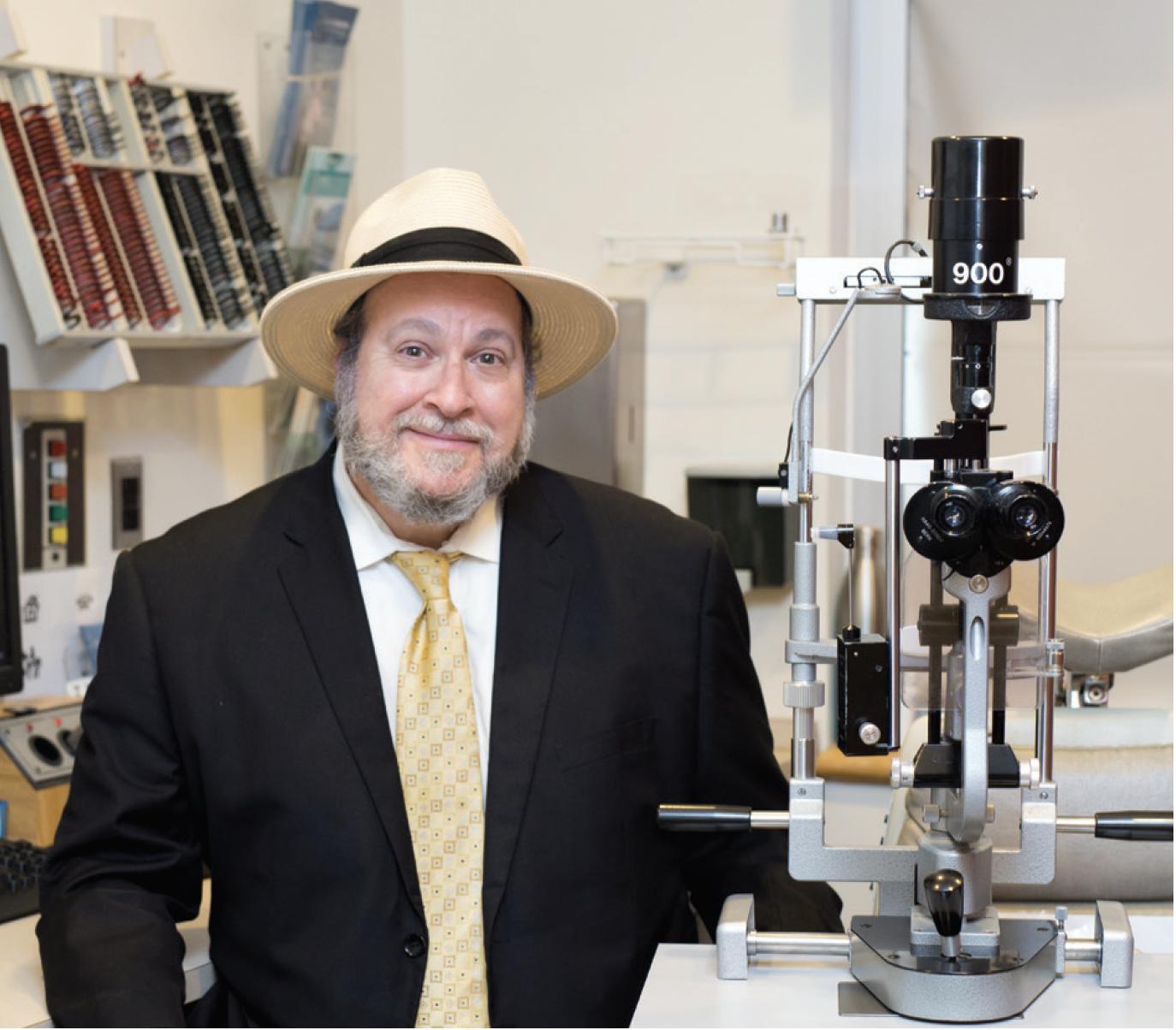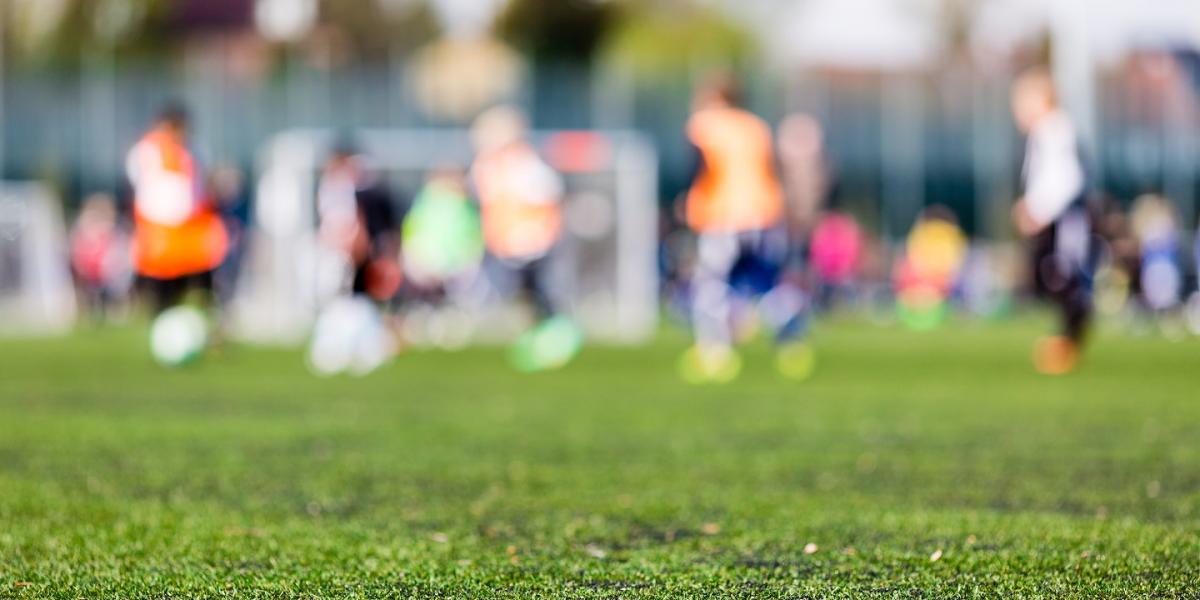Partner Content
Header image: Through the eyes of a patient with blurred vision
For those who’ve suffered a concussion or other traumatic brain injury (TBI), there’s a high chance that blurred or double vision, difficulty with eye movement, focus, or tracking occurred. But will your eyesight ever return to 20/20 after such an accident? To find out, we talked with board-certified Neuro-Ophthalmologist, Eric Singman, MD, PhD, from the University of Maryland.
Tell us about your background, and the types of patients seen in your practice.
I have concentrated my practice on patients with vision problems after trauma for most of my career. My PhD studied optic nerve injury and recovery, and my fellowship in neuro-ophthalmology was at a hospital specializing in patients with birth-related and traumatic injuries. I care for patients of any age, and many have underlying conditions that may make them more susceptible to damage after head trauma, such as Ehlers Danlos Syndrome.
What causes vision problems after head trauma?
At least 40 percent of the brain is somehow involved in vision, including vision clarity, peripheral vision, color vision, visual memories, and control of eye movements. Since head trauma can cause brain injury, it makes sense that vision might be of concern.
How can this affect daily activities?
As the brain controls everything, the occurrence of widespread problems pertaining to many bodily systems after brain injury is expected. Patients often have trouble sleeping, complain of headaches, fatigue, glare sensitivity, slowed thinking, dizziness, balance problems, pains in key areas such as the neck and back, and difficulty with visual tasks that were once simple, such as driving, reading, or using the computer.
When should a patient be evaluated by a neuro-ophthalmologist?
When patients have visual problems, particularly ones that seem not to be addressed with standard ophthalmic therapy such as glasses, eye drops, etc., it may be time to see a neuro-ophthalmologist and explore the role of the brain in vision.
What is the long-term outlook for patients with TBI and affected vision?
Many patients do very well and recover completely. Unfortunately, we see problems from even so-called “mild TBI” linger for months or even years. Every patient is different and every patient deserves to be heard.
What sorts of treatments are proving effective?
I’ve had success with using glasses dedicated to a particular task, incorporating glare reduction strategies, and offering orthoptic exercises to address the muscular and sensory aspects of vision. Botox© injections can offer an immediate improvement for patients with double vision.
How can athletes protect themselves from eye injury and concussion?
Ocular protection with shields, either for the eyes or entire face, as well as head and neck protection are critical in many sports. Certain athletes, like soccer players, should build neck strength to have proper control of the head. Appropriate tackling techniques in football, wearing a helmet while riding a bike, and padding hard surfaces where kids can fall are also imperative for head injury prevention.
What research is currently being done related to TBI and vision?
There is work exploring how to detect the subtle damage that TBI might cause, but is not always seen on standard imaging techniques. In addition, there is research being done to improve detection of TBI, and ways to mitigate the damage that was done. New prevention techniques, advances in treatment, and rehabilitation strategies, are also being explored.
Anything else you think people should know?
Prevention of head injury is obviously best. But when that doesn’t happen, it is valuable for patients, their loved ones, and health care providers to educate themselves on what might be seen after TBI. Finally, patients would do well to identify caregivers who would advocate for them and guide them, because it really takes a village of providers to completely support the recovery of a TBI patient.

Eric Singman, MD, PhD

